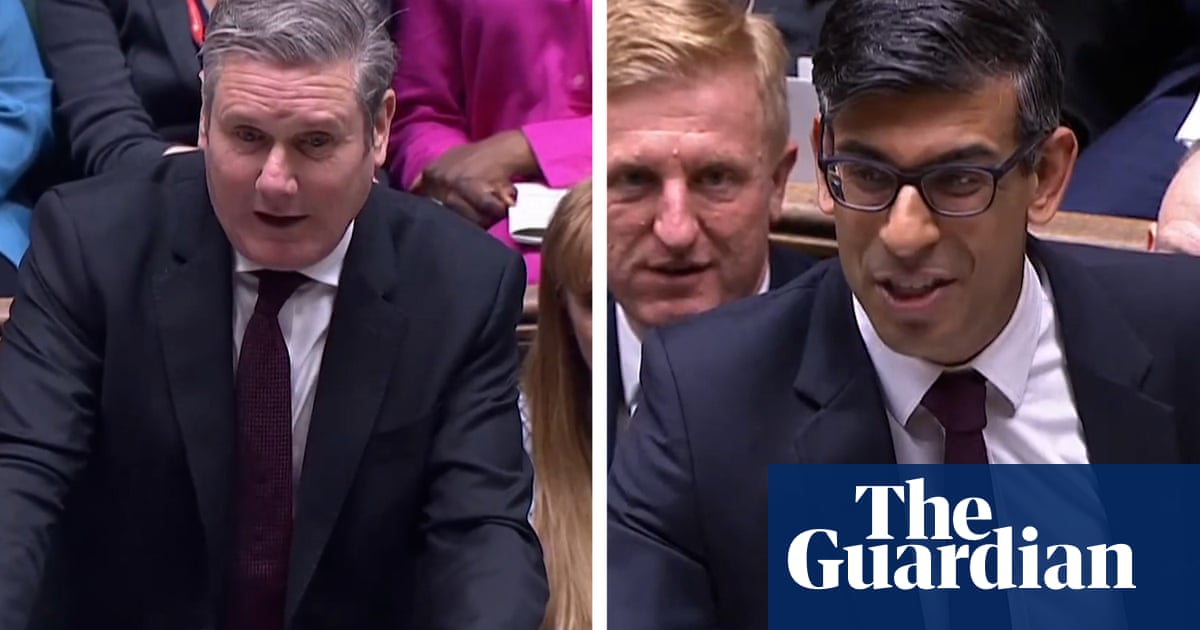
Exit polls in Slovenia’s parliamentary election suggest an opposition liberal party won by a landslide, dealing a major defeat to the populist prime minister, Janez Janša, who has been accused of pushing the small EU country to the right while in office.
The Sunday polls showed that Freedom Movement won 35.8% support, compared with 22.5% for the ruling conservative Slovenian Democratic party.
The Freedom Movement, a political newcomer, stands likely to form the next government in a coalition with smaller centre-left groups. The party leader addressed supporters via video message from his home because he has Covid-19.
“Tonight people dance,” Robert Golob told the cheering crowd at the party headquarters. “Tomorrow is a new day and serious work lies ahead.”
Janša posted a message to supporters on Twitter, saying only: “thank you for your vote.”
The veteran politician became prime minister a little over two years ago after the previous liberal premier resigned. An admirer of Donald Trump, Janša had pushed the country toward right-wing populism since taking over at the start of the pandemic.
Reflecting strong interest in Sunday’s election, turnout was higher than usual: nearly 50% of Slovenia’s 1.7 million voters had cast ballots by mid-afternoon, up about 15% from the previous election in 2018.
Golob, a US-educated former business executive, came out as a frontrunner shortly after entering the political scene. The Freedom Movement party has advocated a green energy transition and sustainable development, and liberals described Sunday’s election as a referendum on Slovenia’s future. They argued that Janša, if re-elected, would push the traditionally moderate nation further away from core EU democratic values, toward other populist regimes.
Janša’s Social Democratic party of Slovenia won the most votes in the election four years ago, but couldn’t initially find partners for a coalition government. He took over after MPs from centrist and left-leaning groups switched sides following the resignation in 2020 of liberal the prime minister, Marjan Šarec.
Janša faced accusations in power of sliding toward authoritarian rule in the style of his ally, the Hungarian prime minister, Viktor Orbán. He came under EU scrutiny following reports that he had pressured opponents and public media, and installed loyalists in key positions with control over state institutions.












